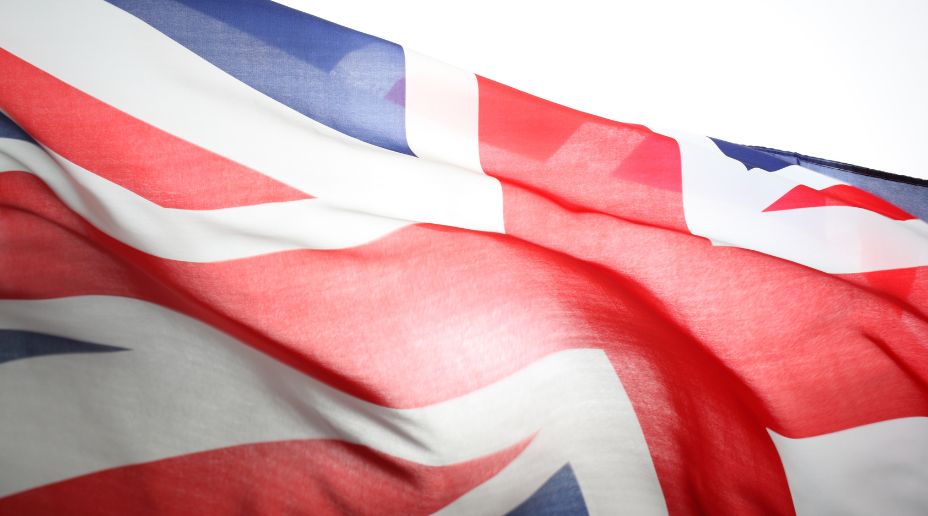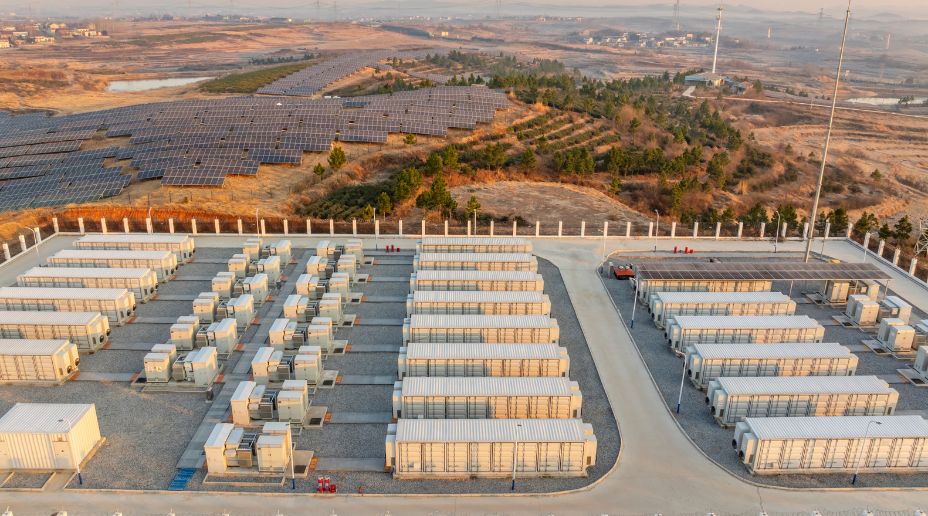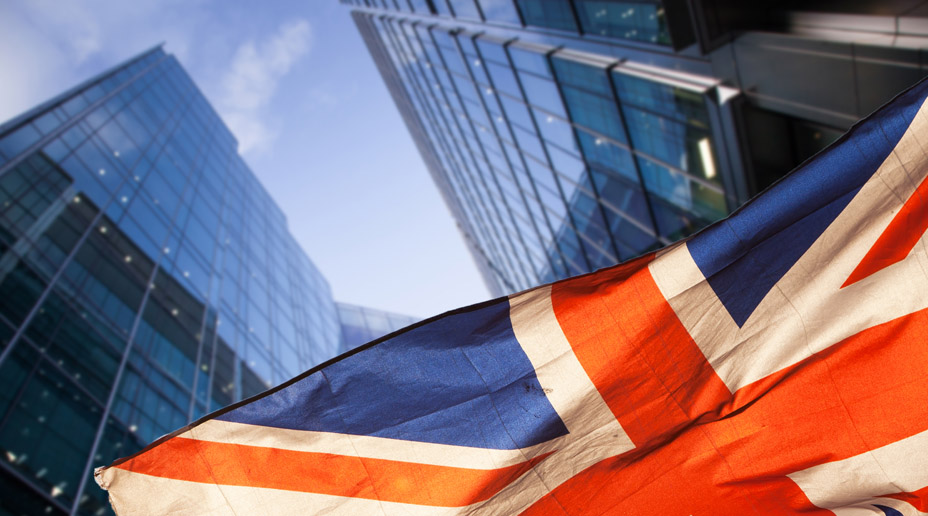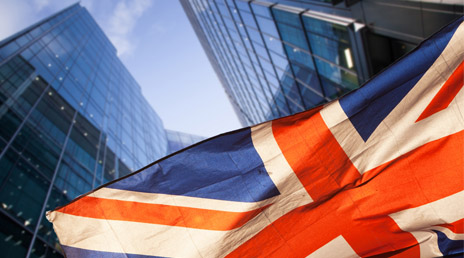The challenging economic climate continues to impact companies across many sectors, and senior leaders are feeling the pressure. This can be seen in the issues affecting high street retailers, with the recent Wilko collapse leading to the likely loss of 12,000+ jobs.1 In construction, fears over reinforced autoclaved aerated concrete (RAAC) dominate headlines, while hospitality is also experiencing a severe fall in demand because of the cost-of-living crisis and higher interest rates.
It's not surprising that insolvencies are rising. In July, England and Wales saw the highest quarterly number of insolvencies since early 2009.2 Difficulties repaying pandemic loans, along with other soaring expenses made these figures inevitable. Even the property market, which has appeared invincible for so many years, is now troubled, with house prices falling 4.6% in the year to August.3
Typically, an economic downturn brings a rise in litigation, with companies more likely to be affected by late payments, employment disputes and suppliers unable to meet their obligations. There can also be a rise in crime,4 this is already being seen in retail, with more shoplifting and fraud. However, the difficulties caused by the current backlog in courts5 means having access to specialist legal advice at an early stage, which is offered by many legal expenses insurance policies, allows business leaders to know the correct procedures to follow, whether litigation should be pursued, or if other routes could be taken.

































